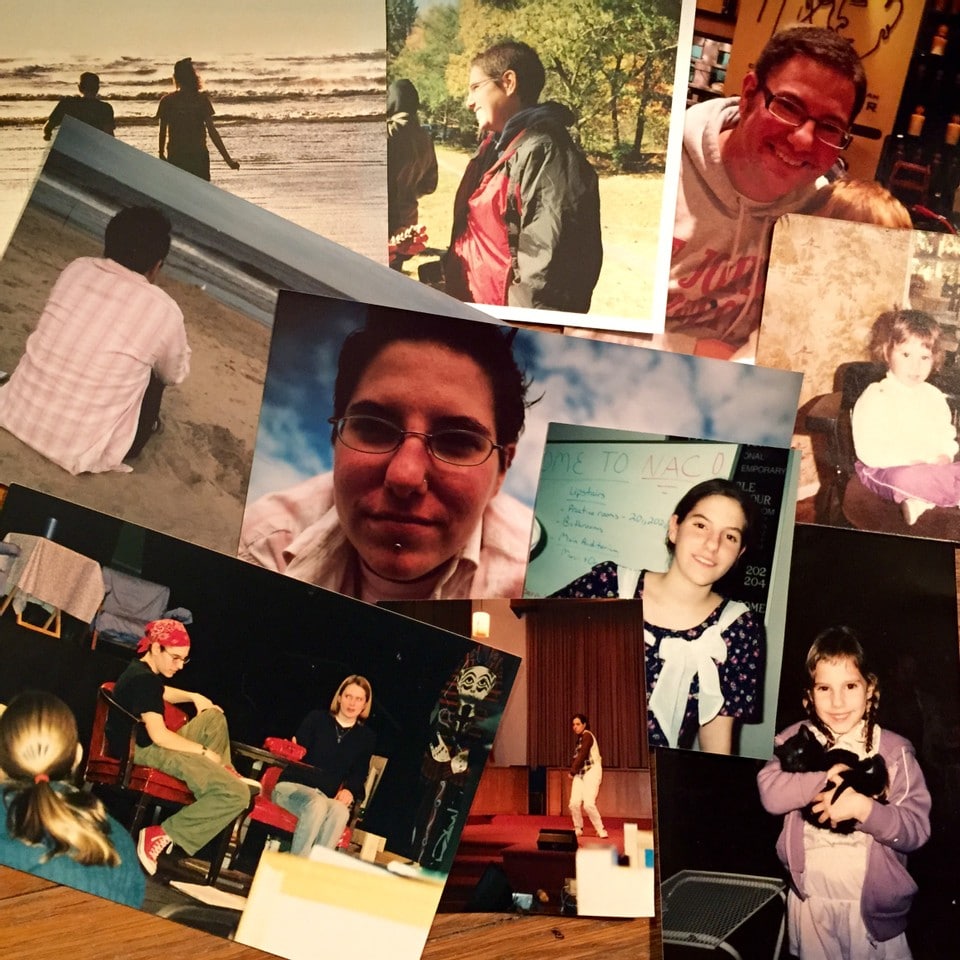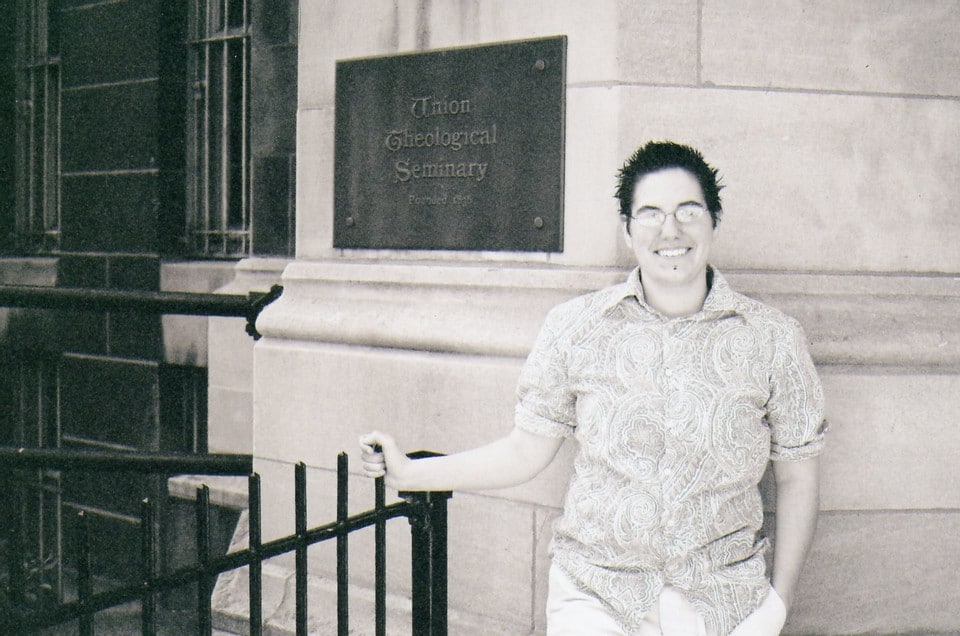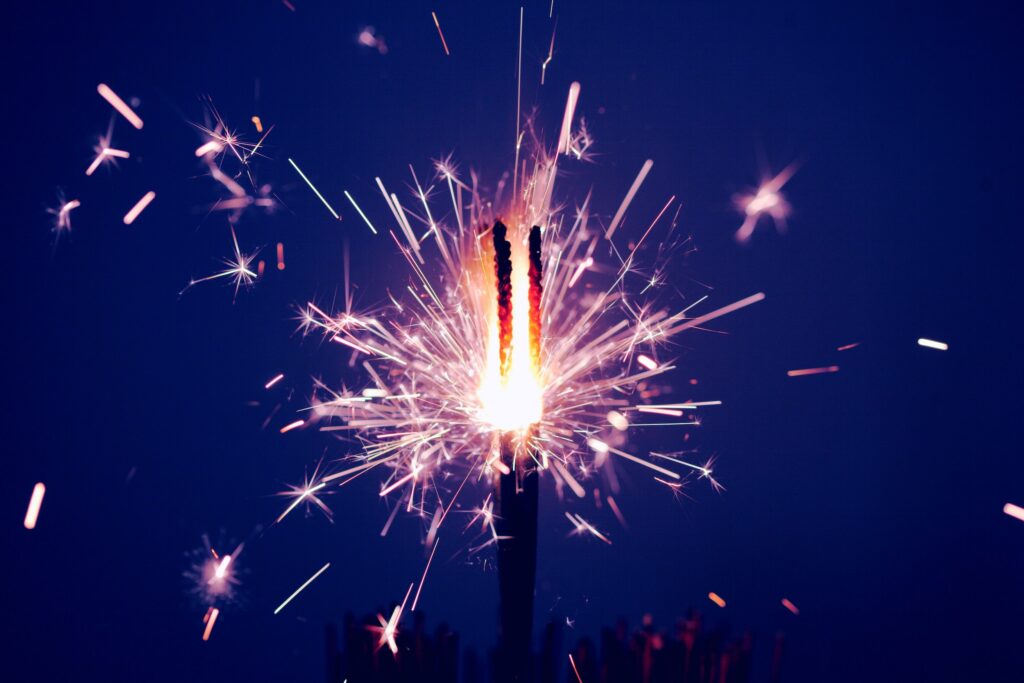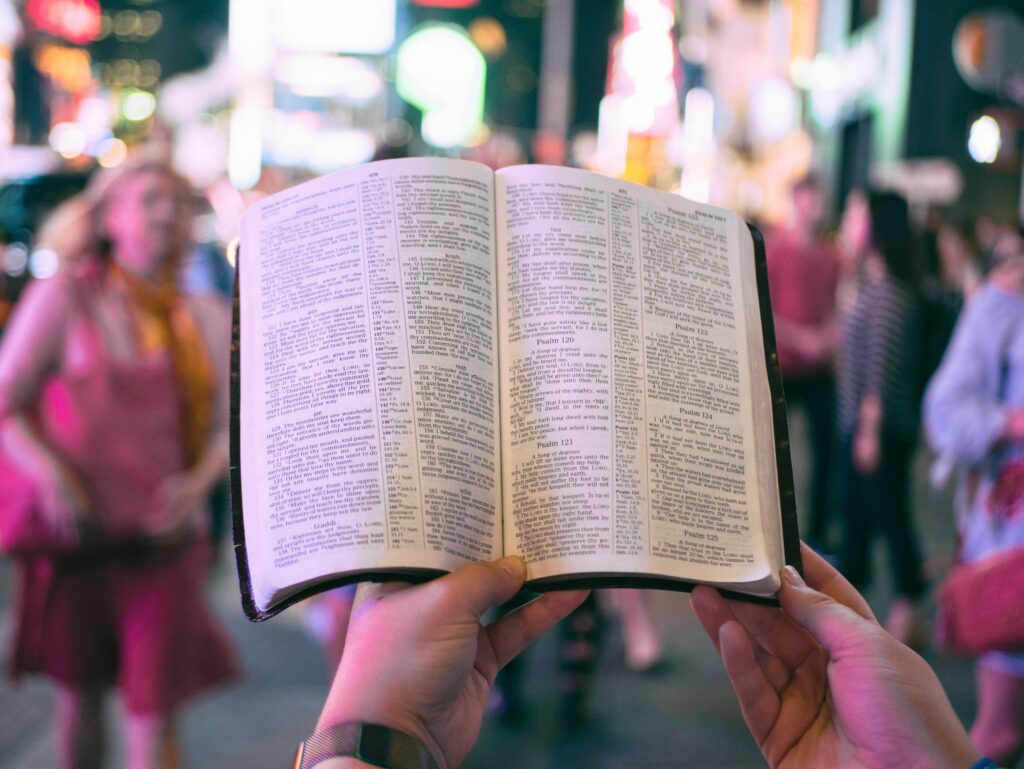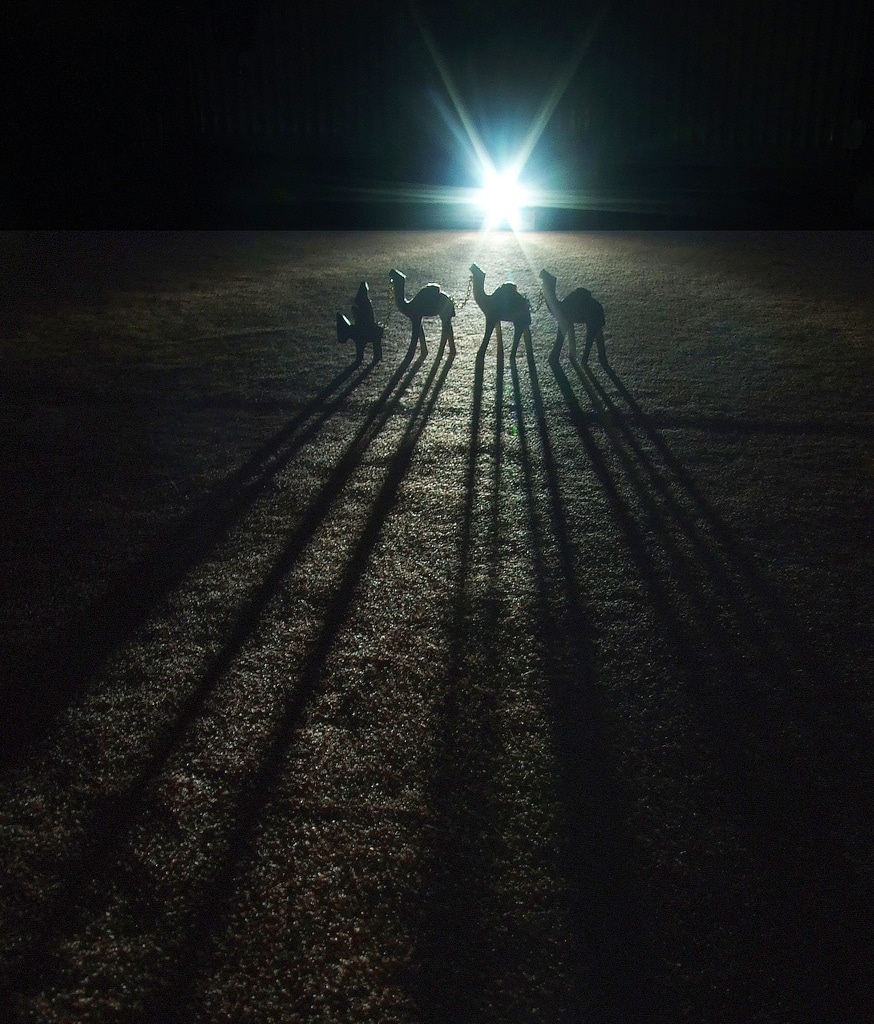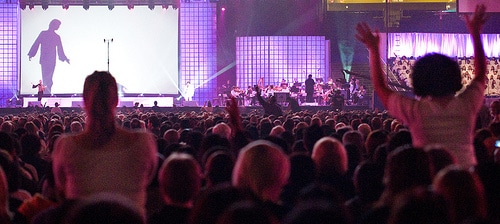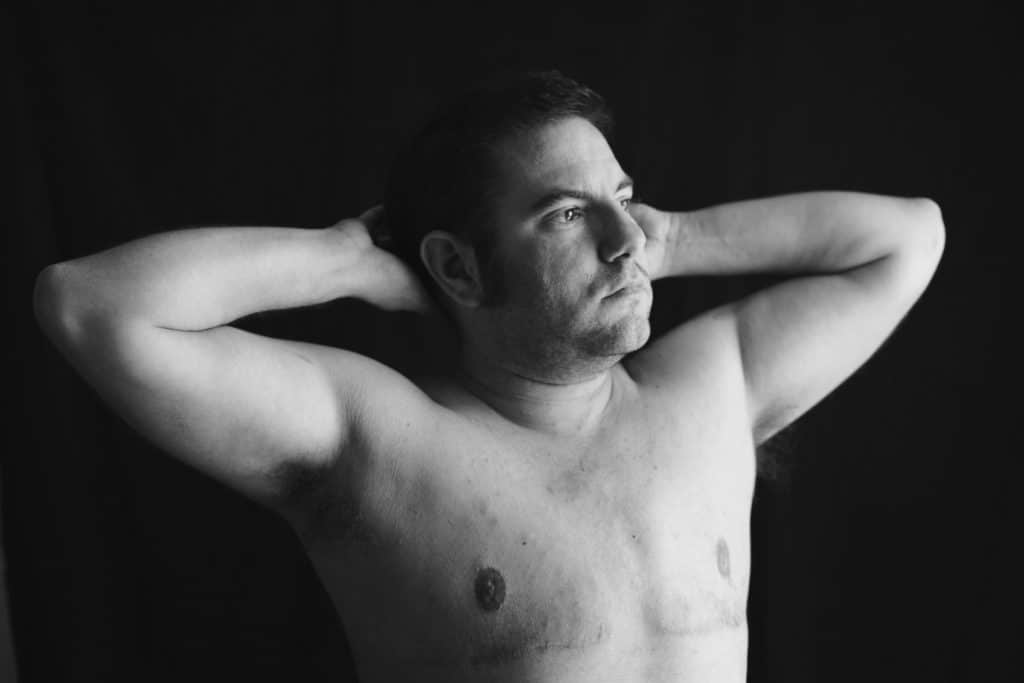
A Healthy, Life-giving Faith
Two weeks after my Canadian wedding I started seminary at Union Theological Seminary in New York. It was the first place where I was able to spend every day as all of myself. Fully queer. Fully Christian. There was no apologizing for who I was.
Seminary was both trying and incredible. I was finally given the tools to understand my faith. I learned all of these things that had been kept from me in all of my evangelical schooling. I learned where certain doctrines came from and how there were a lot of different views on things I had always been taught were settled. Things like what salvation meant, what the death of Jesus meant, what sin was, and on and on. I learned about the history of various denominations which made what they believed make so much sense. I learned that nothing is formed in a vacuum; everything has a context.
Make no mistake, this was hard work. It was rigorous. It took effort and commitment. In some ways it would have been easier to not put in the work. To just walk away from Christianity. But there was something about this Jesus story that kept pulling me back in and made me want to find out if I could have a faith that was life-giving.
So I put in the work and it was was healing. But it also wasn’t over.
Then I came out as transgender my second year of seminary. I had wonderfully supportive friends and a faculty that was mostly on my side but didn’t always know what to do with me. I had to listen to professors make transphobic statements in class and deal with classmates who, even after I had been medically transitioned for a while still couldn’t get my pronouns right. And I had to be a walking explanation for what it meant to be trans. It was exhausting. I was still working pretty much full time, attending seminary, and trying to hold my now struggling marriage together. It was an incredibly difficult time and because my faith had shifted so much from the emotional to the intellectual I found that I had no real emotional support to get me through these changes.
See, what the evangelical church gets right is that our faith, our spirituality can’t just be about intellect. It has to be about our hearts being in relationship with something bigger than we are. I had to find a way to engage my heart again without dismissing my head in the process.
My faith was intellectually strong, but I hadn’t figured out how to have an emotional connection to it anymore. It used to be that I read the Bible like a love letter and talked to God like a friend. Now I was reading the Bible like a textbook and viewing God as a distant deity. Something needed to change. Again.
It was during this time that I took my preaching and worship class coupled with an exegesis for the arts class. In less fancy language exegesis is about sussing out what the text is really about; reading into the cultural context and figuring out how to make it relevant.
We were studying the book of John, reading the story of Thomas, and suddenly something shifted in me. I was engaged with the Bible again for the first time since my evangelical days. And instead of the text being used as a weapon against me; instead of having to use the Bible to defend my right to exist, I was instead seeing myself in the text and allowing the story to enter into my life. My head and my heart were once again engaged. And I realized that by transitioning I had come back from exile; the exile I had felt from my body, from the Bible, from God, from my heart.
I graduated from seminary and my wife and I divorced two weeks later. She couldn’t handle my transition and we needed to part ways. It was at the end of that summer that I moved to Minnesota and started a new phase of my life.
When I was in college, and after, I had fallen in love with some Catholic theologians and activists: Daniel and Philip Berrigan and Dorothy Day. I also loved how connected the spiritual and the justice work was in Catholicism and also how physical it all was. Some folks make fun of all the standing, sitting, kneeling, but I love it! I appreciate that the worship is embodied.
Of course I wrote off ever being a part of the Catholic church. I could no longer be a part of a religious tradition that didn’t ordain women or LGBT folks and I knew that they would never ordain a transgender man. Then one day on Twitter, of all places, someone reached out to me and asked me if I could help spread the word that the Old Catholic Church ordained transgender people. Now, I had never heard of the Old Catholic church, so I asked him to tell me more.
The Old Catholic Church is an independent, progressive Catholic church (not in communion with Rome) that ordains women, LGBTQ people, and people who are married/partnered/or divorced.
The more I heard about it the more I knew that this was where I needed to be. I was ordained to the diaconate (a transitional training period) at the Transgender Health Conference in Philadelphia. Then, about 9 months later, I was ordained to the priesthood.
From my upbringing as a fundamentalist, to my time as an exvangelical, to now my life has been a constant exploration of faith. I’ve learned how to stay curious. How to interrogate my beliefs. How to love learning.
And now my main calling is to help others to do the same. To walk with others as they bring their full selves to the Bible and to God, often for the first time. It’s both sharing what I’ve learned, but also teaching the skills no one knew to teach me when I started this deconstruction process so many years ago.
Our work at QueerTheology.com is centered in a belief that everyone can and should do theology, but that you have to put in the work to do it well.
A life of healthy faith is possible for you, if you want it, but it requires work. No longer can we just listen to what other people say, we have to investigate for ourselves. But the great thing is we’re not alone on our journey.
When I went through all of this, for so much of it I was on my own. Anxious at night. Pleading for answers. No one to talk to. Now I look around and there is a thriving community of people who are doing the work together. We are telling our stories, praying for each other, and learning a new way of being. It’s gorgeous and I’m so grateful to be a part of it.
